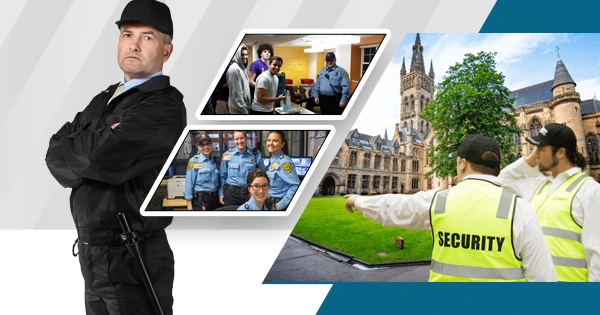Campus housing environments often present unique challenges when it comes to maintaining safety and order. Security guards play a critical role in addressing conflicts, ensuring residents feel safe, and creating a peaceful community atmosphere.
The Role of Communication in Conflict Resolution
Effective communication is the cornerstone of conflict resolution. Security guards must remain calm, listen actively, and respond professionally to defuse tense situations. Good communication not only resolves issues quickly but also builds trust between residents and security staff.
Professional Security Services
Employing trained security services ensures that guards are skilled in conflict management, surveillance, and emergency response. This professional support helps protect both students and property in campus housing environments.
Supporting Campus Safety Through Maintenance
Safety goes beyond just managing conflicts—it also involves the overall upkeep of the premises. Partnering with reliable building maintenance services ensures that facilities remain safe, functional, and conducive to a secure living environment.
Conclusion
Strong communication strategies, combined with professional security and proper facility maintenance, are essential for creating a safe and harmonious campus housing environment.


